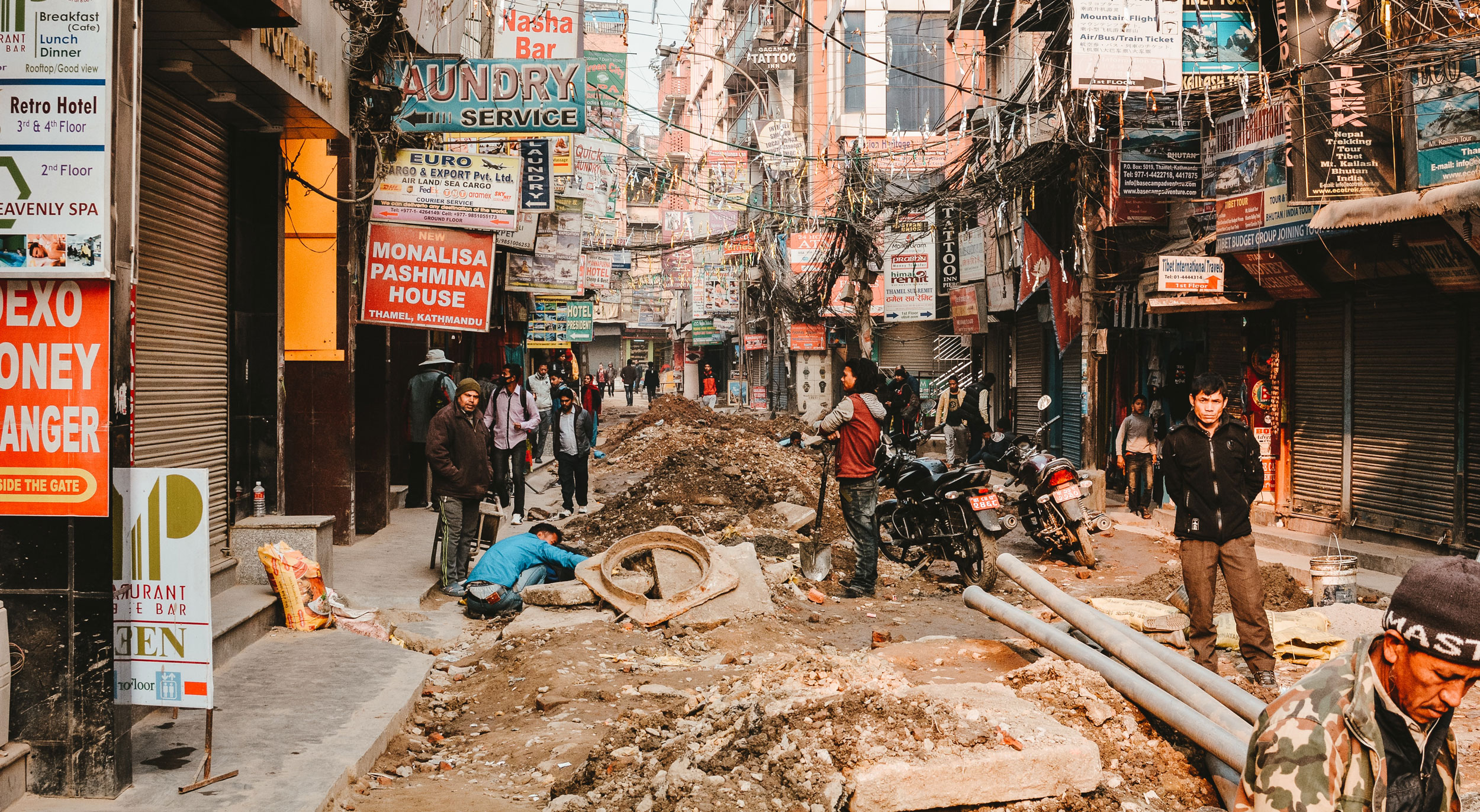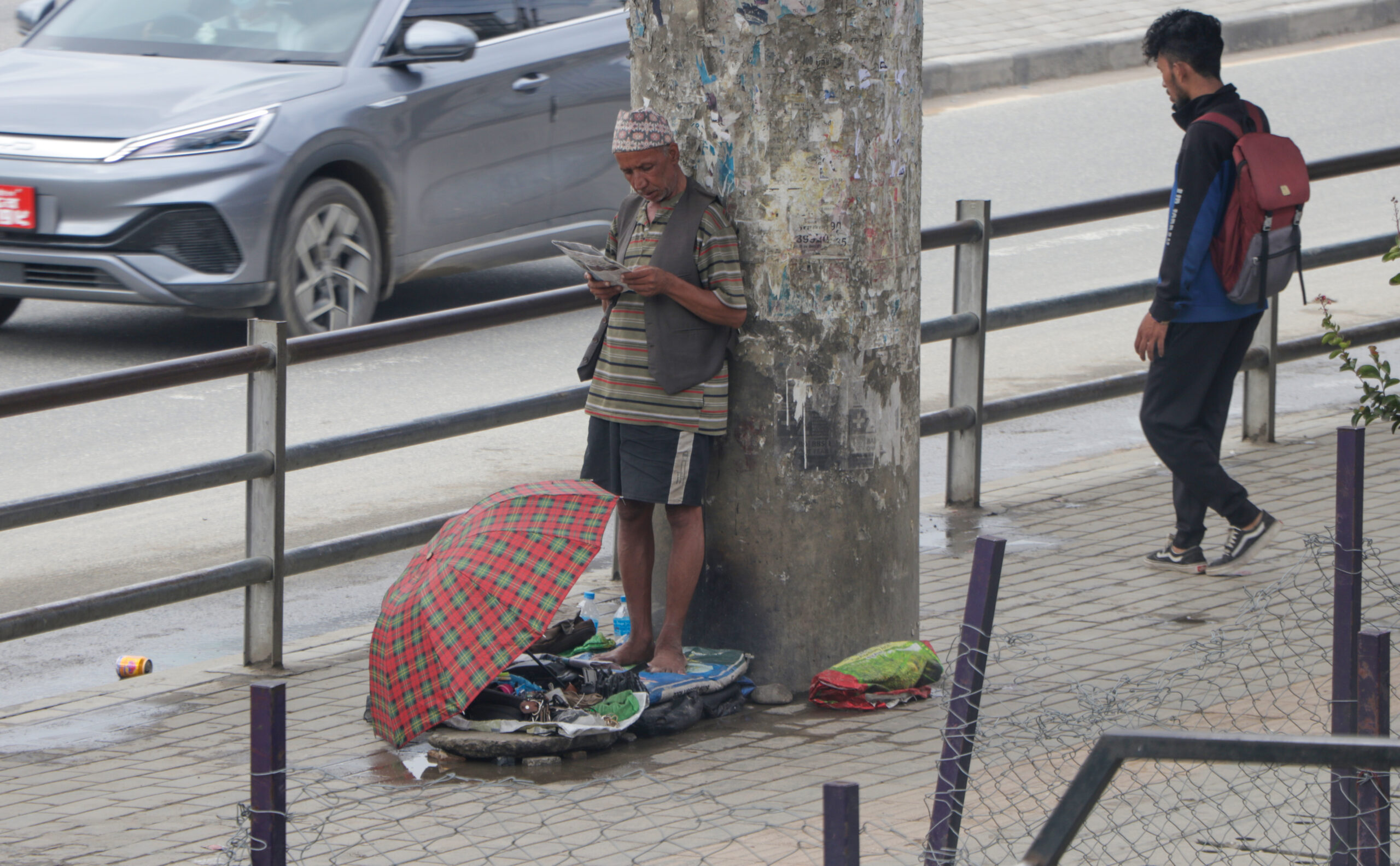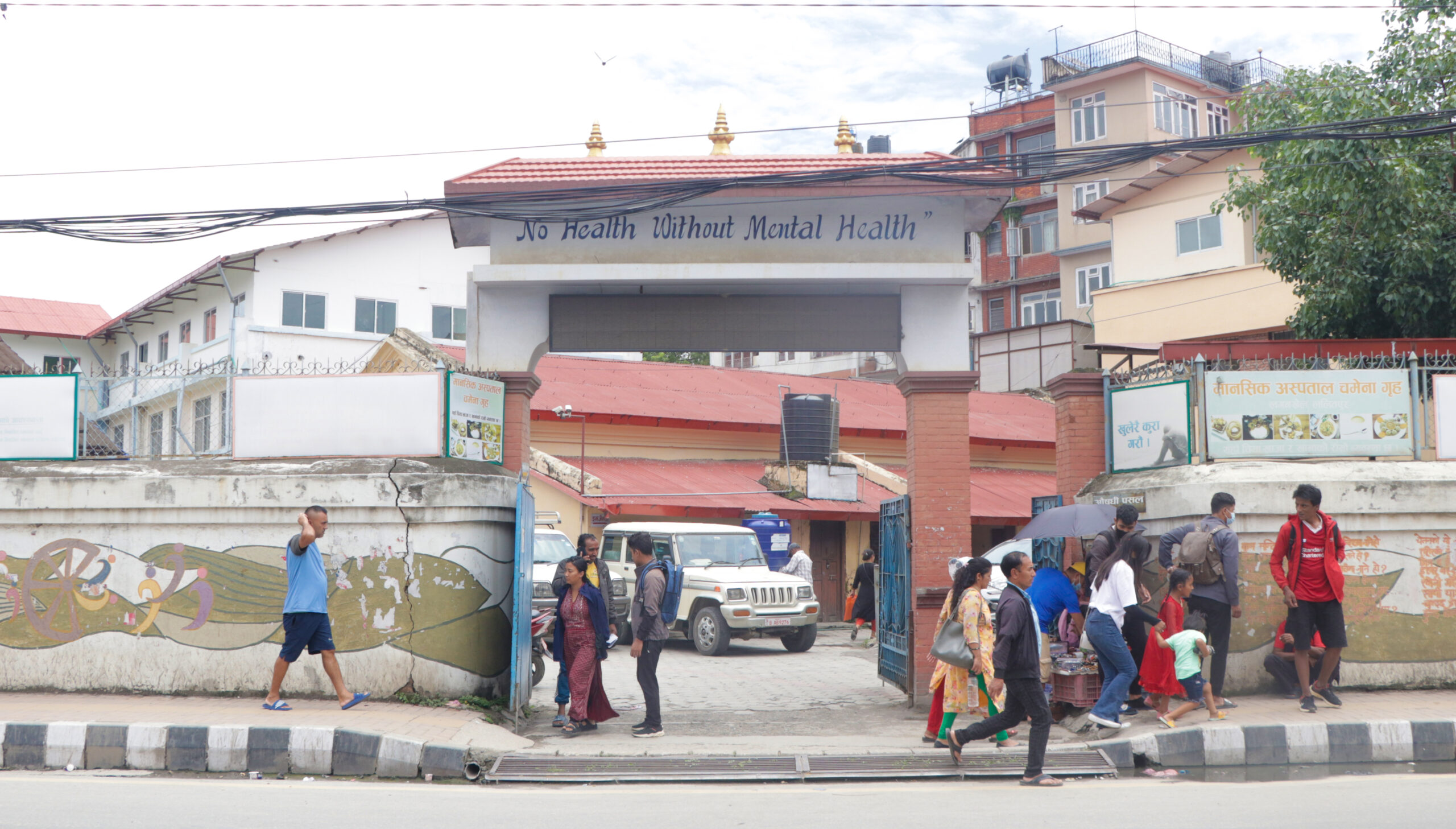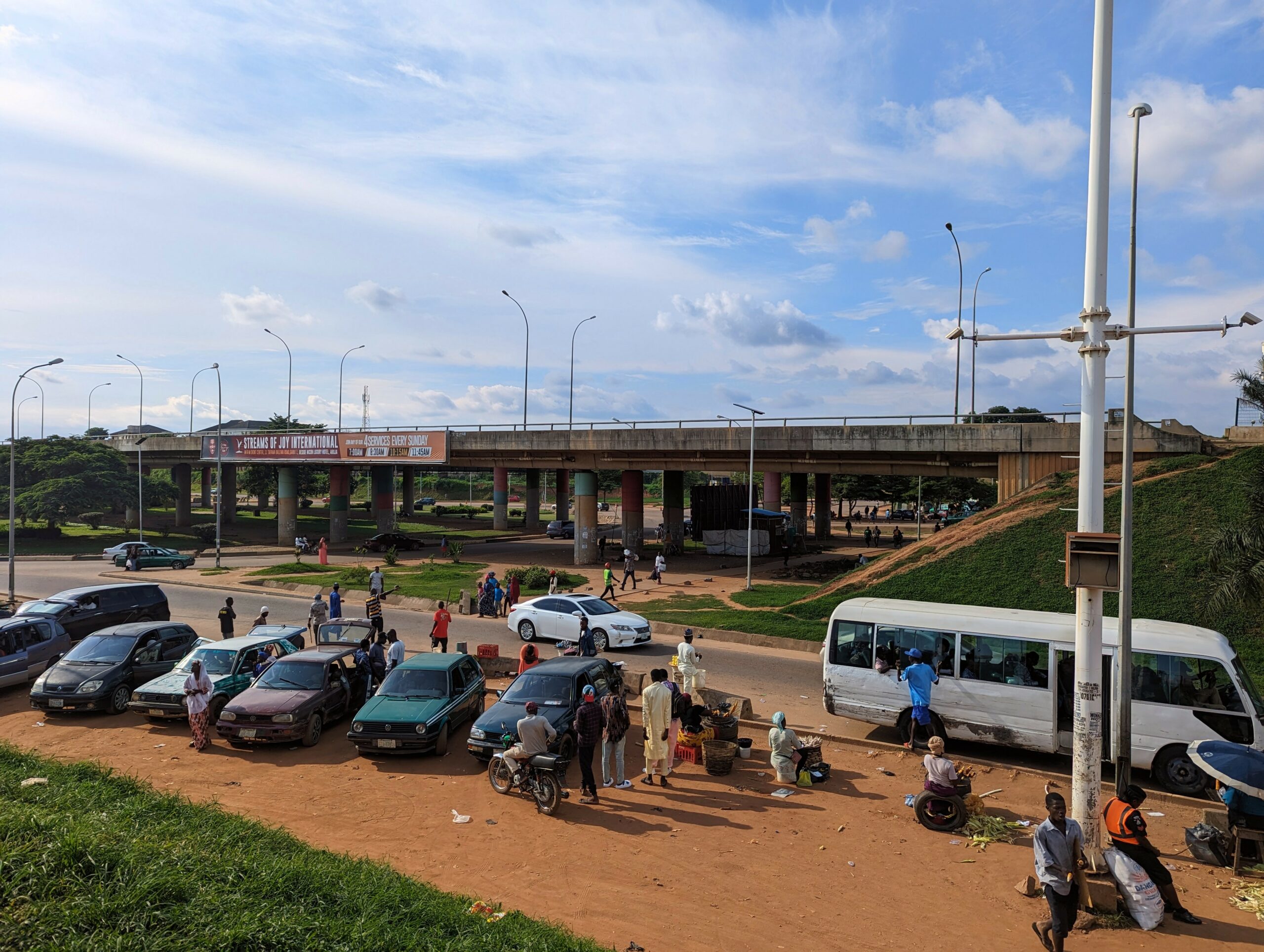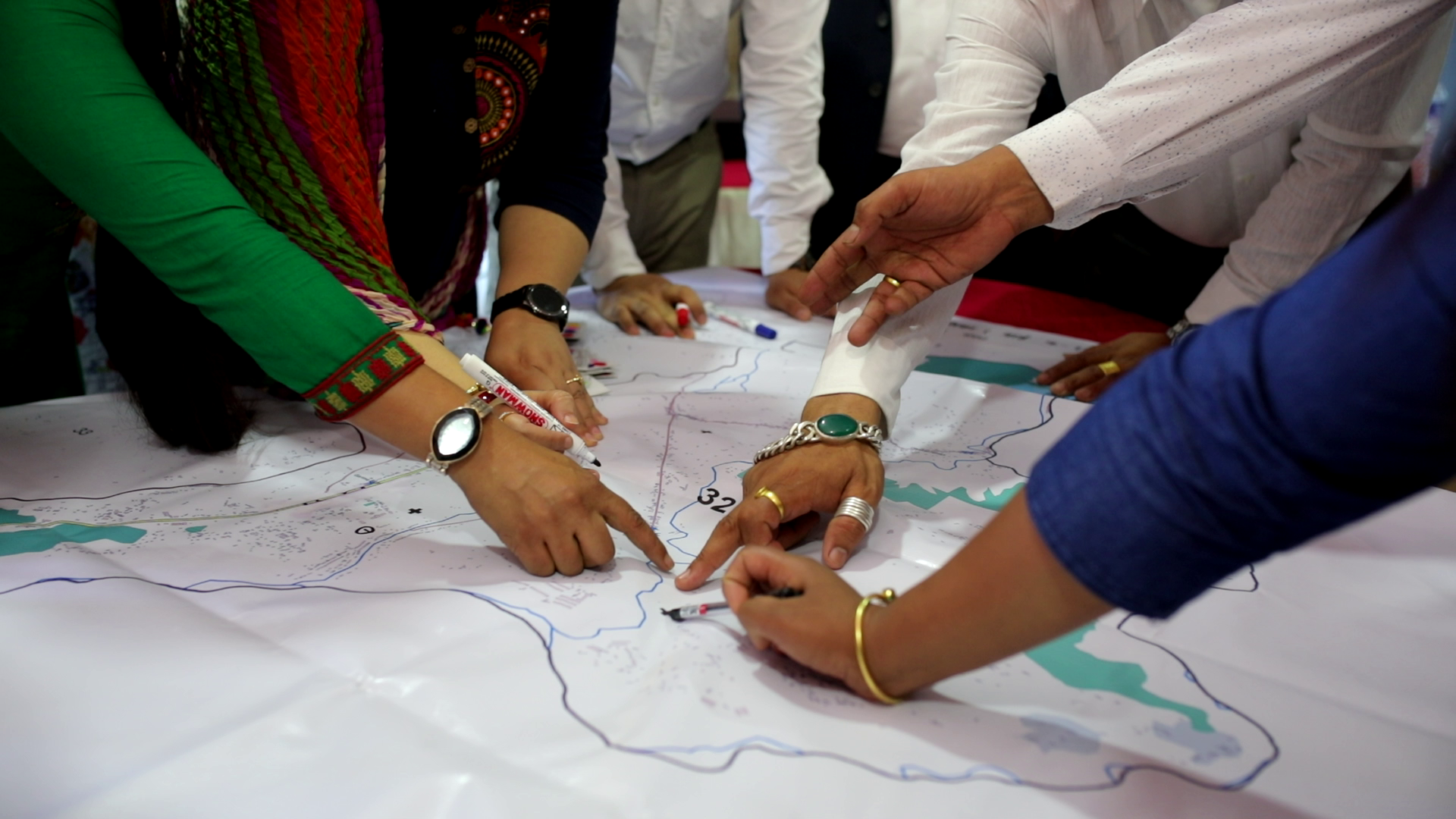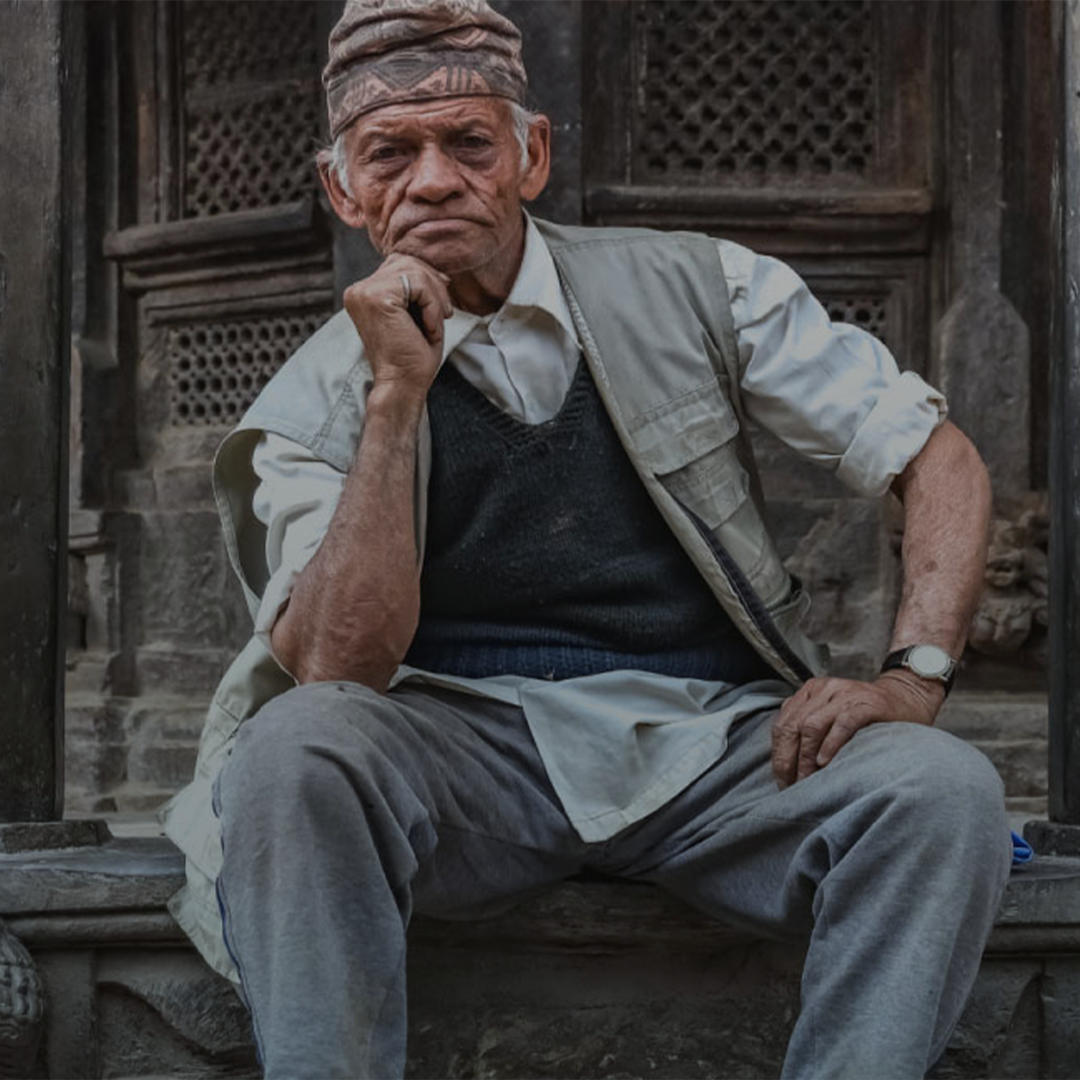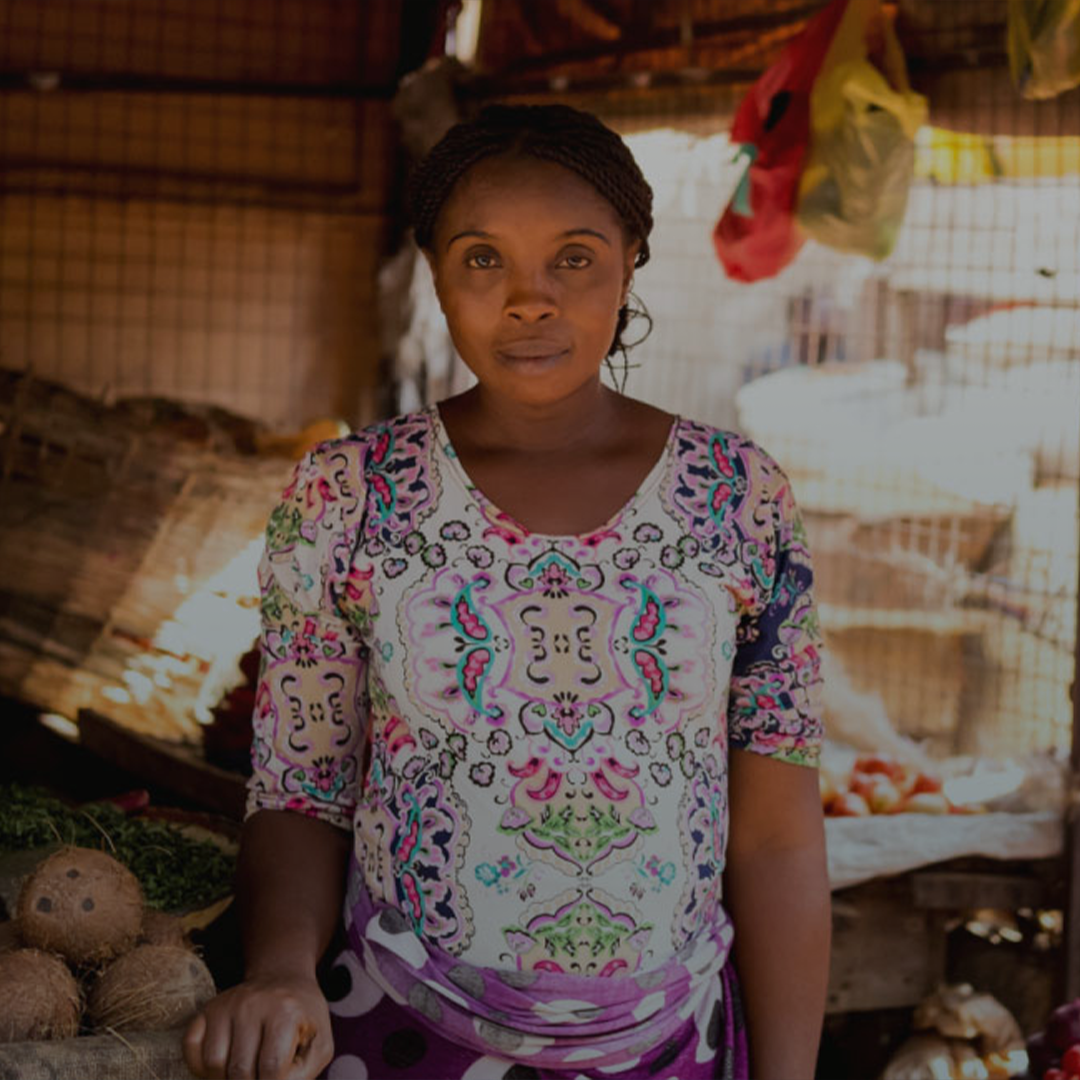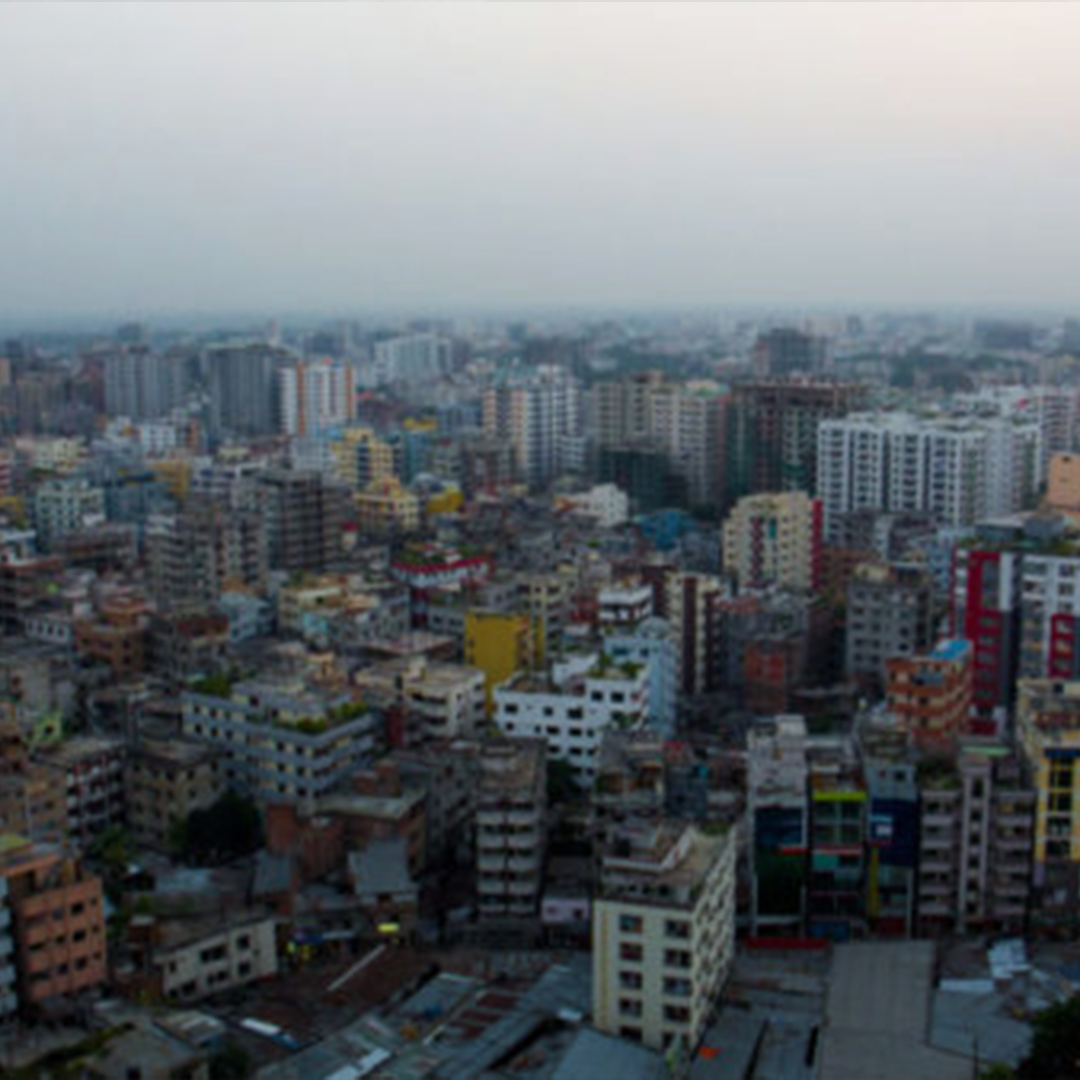
GHANA
Can implementing Public-Private Networks of
Practice improve health service coverage for the urban poor

GHANA
Can implementing Public-Private Networks of Practice improve health service coverage for the urban poor
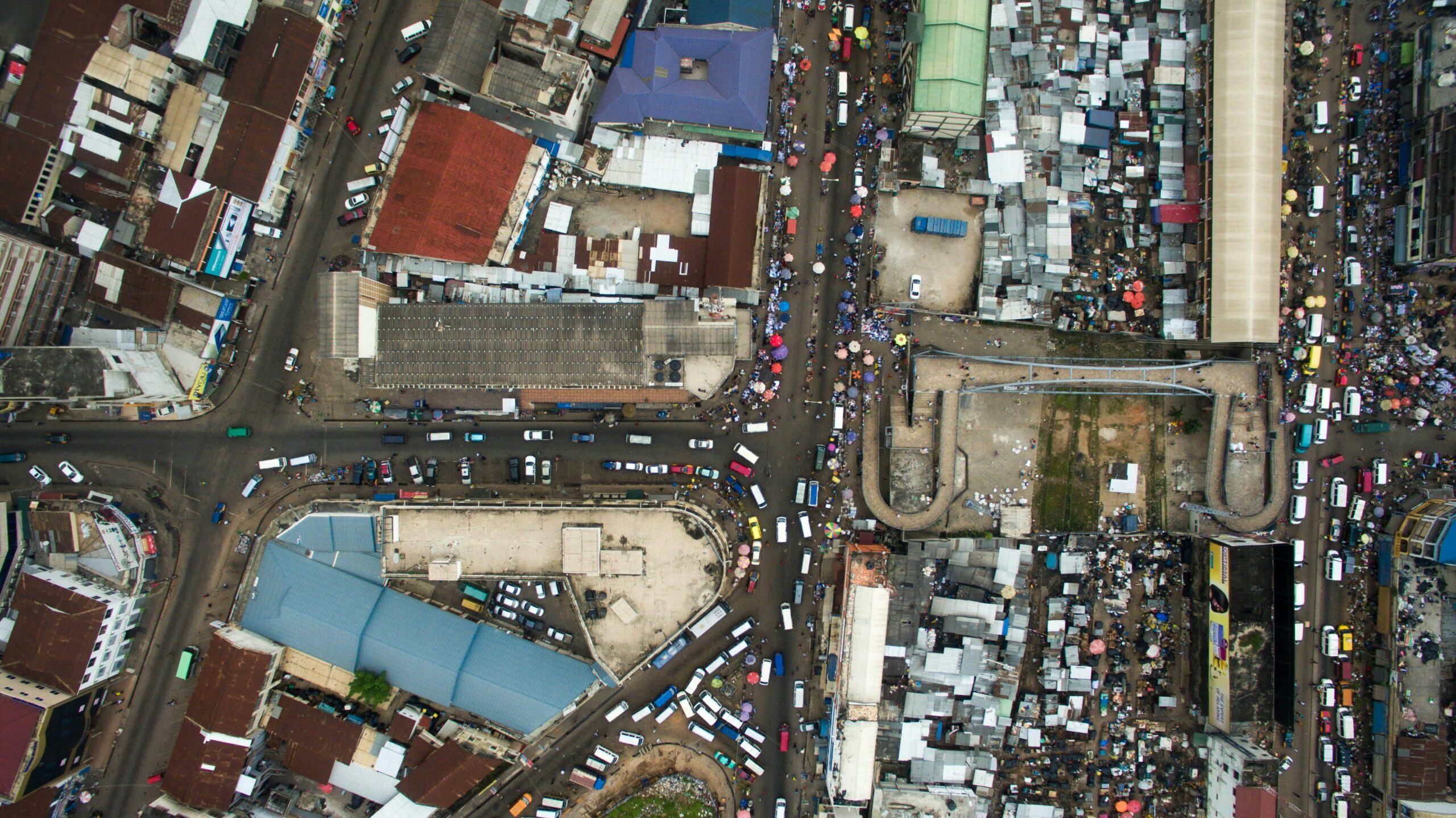
Contextual feasibility design options for the implementation of public-private networks of practice to improve coverage of preventive and promotive health services of urban poor populations in the La-Nkwantanang Madina Municipality and how and why they should be implemented
ABOUT THIS PROJECT
The Networks of Practice (NoP) has been adopted as one of the main strategies for attaining Universal Health Coverage (UHC) in Ghana. The goal is to reform and strengthen the Primary Health Care (PHC) system to increase access to quality essential healthcare and population-based services for all by 2030. NoP has begun to be implemented in public health facilities in rural settings. Evidence from the implementation shows that NoP promotes a structure and culture that prioritizes clients, and ensures effective, efficient operation and collaborative learning, enabling providers across all levels of care and the community to work in teams and share responsibility for health outcomes. However, the role public-private NoP could play to improve coverage of preventive and promotive health services of the urban poor populations has received little attention up to this point. In Phase II, we seek to explore contextual feasibility design options for the implementation of public-private NoP to improve coverage of preventive and promotive health services of the urban poor populations in the La-Nkwantanang Madina Municipality (one of the intervention municipalities in Project I) and how and why they should be implemented.
Methods: The study will be undertaken as an exploratory case study using concurrent mixed methods (qualitative and quantitative approaches).
Qualitative approach will involve Key Informant Interviews, Focus Group Discussions (FGDs) and desk reviews to 1) assess the administrative, financial, information, public health and clinical management structures and models 2) identify currently existing linkages 3) explore what will motivate (or not) formal public and private providers to work together in a network of practice and 4) understand the barriers and enablers to the provision of preventive and promotive services in La-Nkwantanang Madina Municipality. The study population will include staff of all formal primary care health facilities (clinics, pharmacies, hospitals, maternity homes and community practice pharmacies) as well as staff of La-Nkwantanang Madina Municipal Health Directorate, Greater Accra Regional Health Directorate and relevant National-level actors.
Quantitative approach will involve Global Positioning System (GPS) mapping of the primary care facilities to show the types of facilities, accreditation validity status, credential status, health information systems and services. Additionally, health facility-based surveys will be conducted to estimate costs associated with provision and utilization of preventive and promotive services from the provider and patient perspectives.
Expected outcome: Through Phase II we will provide some understanding of the existing linkages among public-private primary health care facilities and recommendations for future linkages. In addition, healthcare provider motivations, as well as barriers and facilitators to the development and sustenance of these linkages will be identified. Furthermore, we aim to estimate the costs from the provider and patient perspectives associated with the utilization and provision and, to understand the barriers and enablers to the provision of preventive and promotive services in La-Nkwantanang Madina Municipality. Overall, we seek to co-produce a feasible intervention for public-private NoP in an urban setting in Ghana.

